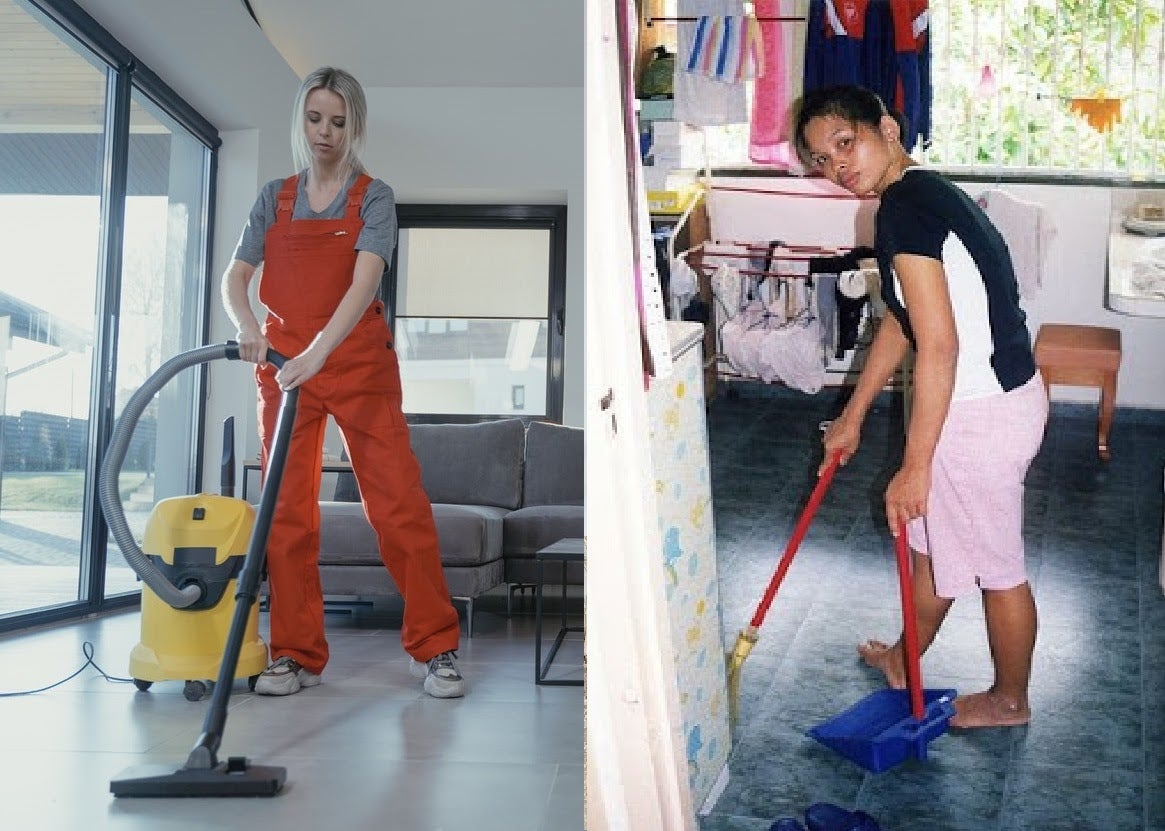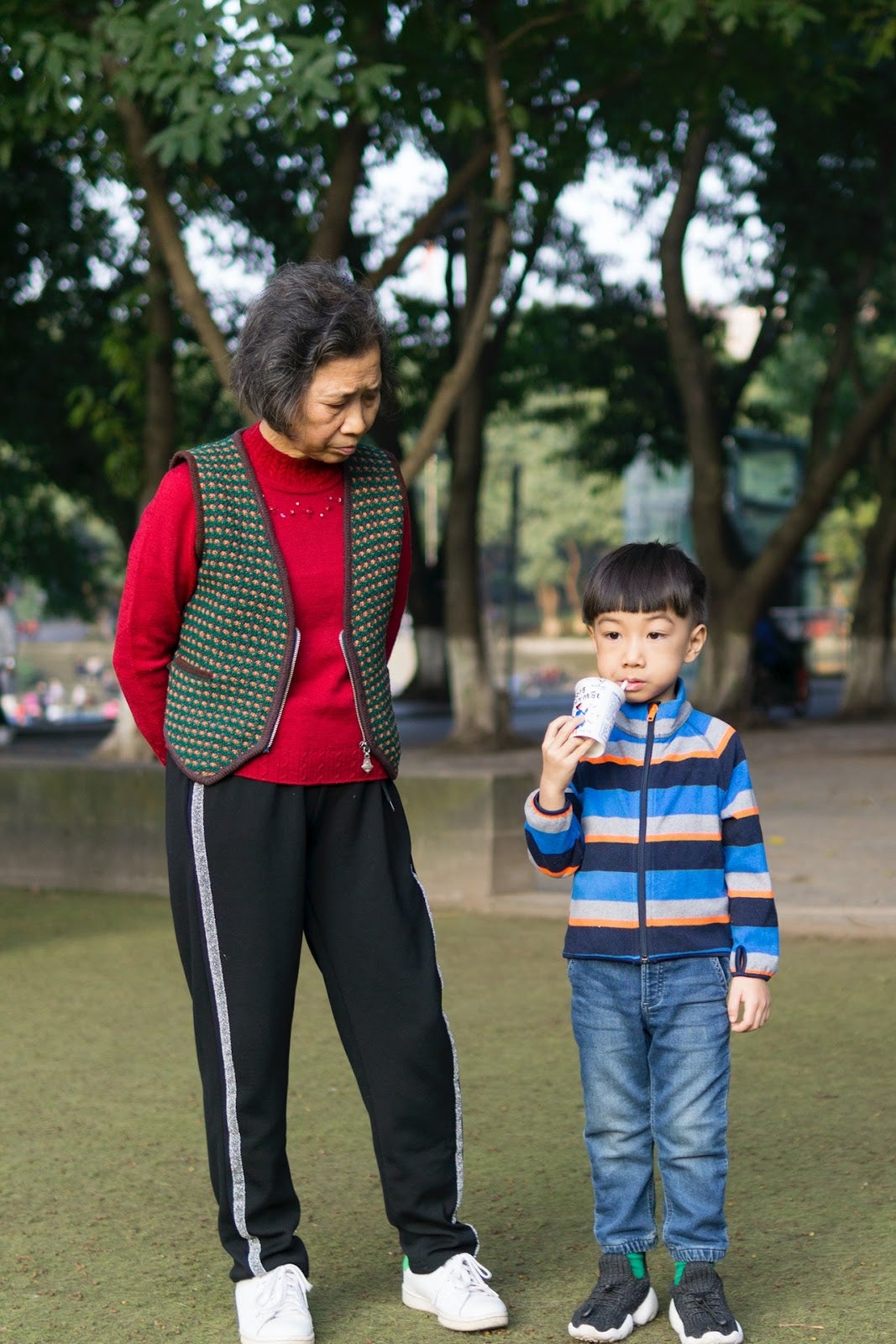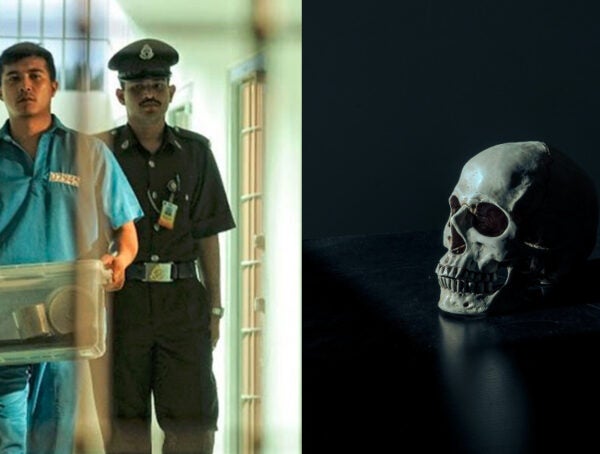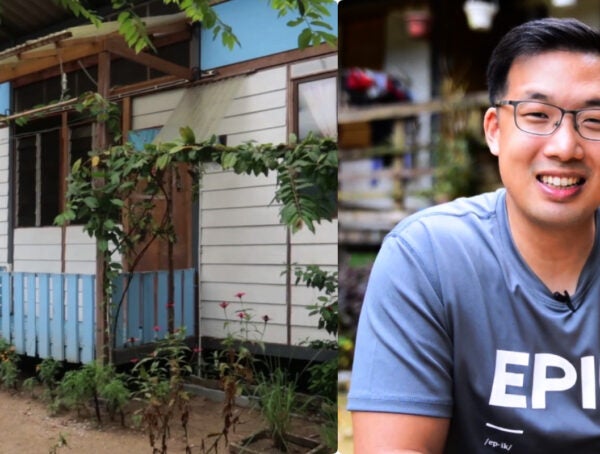Have a story to share? Submit it to https://inreallife.my/submit-story/
I left Malaysia to study in Germany right after I finished high school. 9 years later, I returned to Malaysia.
Most of us have heard of or experienced culture shock. It’s when we travel to another region, and experience a whole new set of customs and culture.
But I didn’t. When I returned to Malaysia, I experienced reverse culture shock instead.
1. Malaysians are not punctual

In Germany, “at 10” means you arrive at the meeting spot before or at 10:00.
In Malaysia, when we say “I’ll come over at 10,” it actually means “I’ll come over some time between 10:00 and 10:59” or “I’ll start getting ready at 10.”
After I moved back to Malaysia, I realised this attitude feels very disrespectful, especially if the person I’m meeting up with doesn’t even bother to tell me they’d be late.
If stealing someone’s property is punishable by law, why is it OK to steal someone’s time? Unlike a bank loan, I can’t apply for an extension on my life.
2. Malaysians find it hard to say no due to ‘losing face’

In Germany, a “yes” is a “yes” , and a “no” is a “no”. But in Malaysia, a “yes” is sometimes a “no” in disguise. They would say “yes”, only to then not deliver. This would get me frustrated, disappointed, and looking like a pushy fool if I kept asking them to deliver.
Now how should I know what people actually mean, if they don’t say what they mean?
This was the part of the ‘losing face’ culture I could not wrap my head around. If you’re so worried about disappointing me with a straight ‘no’, don’t you think I would still end up disappointed later on, once I realised you weren’t sincere about your stance?
3. Malaysians look down on people who work as maids and cleaners

In Germany, being a maid or cleaner is just a job. Like any other job: bank teller, bus driver, lawyer, teacher. It’s a way for this person to earn a living. Nothing disrespectful about that.
The family might sometimes invite her to have coffee and cake with them, or they might even go out and party with the mother of the child and even be friends with her. The last part was my actual experience.
In Malaysia, maids or babysitters often hold a lower position in society. Many families abuse their maids physically AND verbally.
They are often underpaid and overworked, not given their rights as a human being, and are given living situations that the employers would never want for themselves.
And if they made a mistake, a more cruel corporal punishment such as dousing them with hot water, may happen. In short: maids, etc. are seen as less of a human in way too many Malaysian households.
4. Malaysians assume students who drop out of college are ‘lazy’

In Germany, this is how many people would react: “Oh ok, any particular reason? What is your next plan?” That’s it.
There is no culture of “bringing shame to the families” when someone becomes a dropout.
People change their minds, and that’s normal. No one gets hurt, so it’s not a big deal.
In Malaysia, people would typically ask or think: *gasp* “What happened? Did she get pregnant? Did he get a girl pregnant? Did the family go bankrupt? Is she/he so stupid that they failed the exams and got kicked out of school?”
People expect everyone to go through life through these steps:
Step 1: Finish school. Step 2: go to college. Step 3: get a good job, buy a house, save for marriage. Step 4: get married. Step 5: Have kids.
Anyone not following these steps in a timely manner would invite a lot of discussion, gossip, and assumptions from the people surrounding the person.
5. Malaysians judge people with dark skin.

In Germany: they may be a foreigner or come from a mixed-race household.
In Malaysia, even if no one says it out loud, or even aware they are thinking it, this is what many people think: they must be poor or belong to the lower class.
They then would be treated with less respect, or be feared because they might be associated with criminal behaviors, gangs, etc.
I wish we could be more open-minded and less judgy

This is one aspect of Malaysia that I wish would change. I wish we could be less judgy. I wish we could be more open-minded, more accepting of differences, more open to diversity.
Rich or poor, dark- or light-skinned, young or old, CEO or maid, we are all humans. What gives us the right to treat others the exact way we DO NOT want to be treated?
At least my generation, the millennials, are starting to see things differently than our parents and are starting to demand change.
Tradition is great, and good parts of it should be kept. But we need to know which parts of tradition hurt more than bring benefits to people, and know when it’s time for us to replace those with a more updated version.
For more stories like this, read: ReMission: Surviving Life after Cancer and I Battled Breast Cancer: Story of A Survivor.
You might also like
More from Real People
‘A RM100 fee cost a company 5 years of revenue’ shares M’sian
This story is about a Malaysian who learned that bureaucracy can be defeated simply by not arguing with it.A billing …
‘I quiet-quit, upskilled, and tripled my salary,’ shares M’sian engineer
This story is about a Malaysian who learned that loyalty without leverage leads nowhere in the corporate world.After years of …
‘I did everything right, and it still wasn’t enough’ shares M’sian graduate
This story is about a Malaysian graduate navigating big dreams in a job market where a degree no longer guarantees …


















